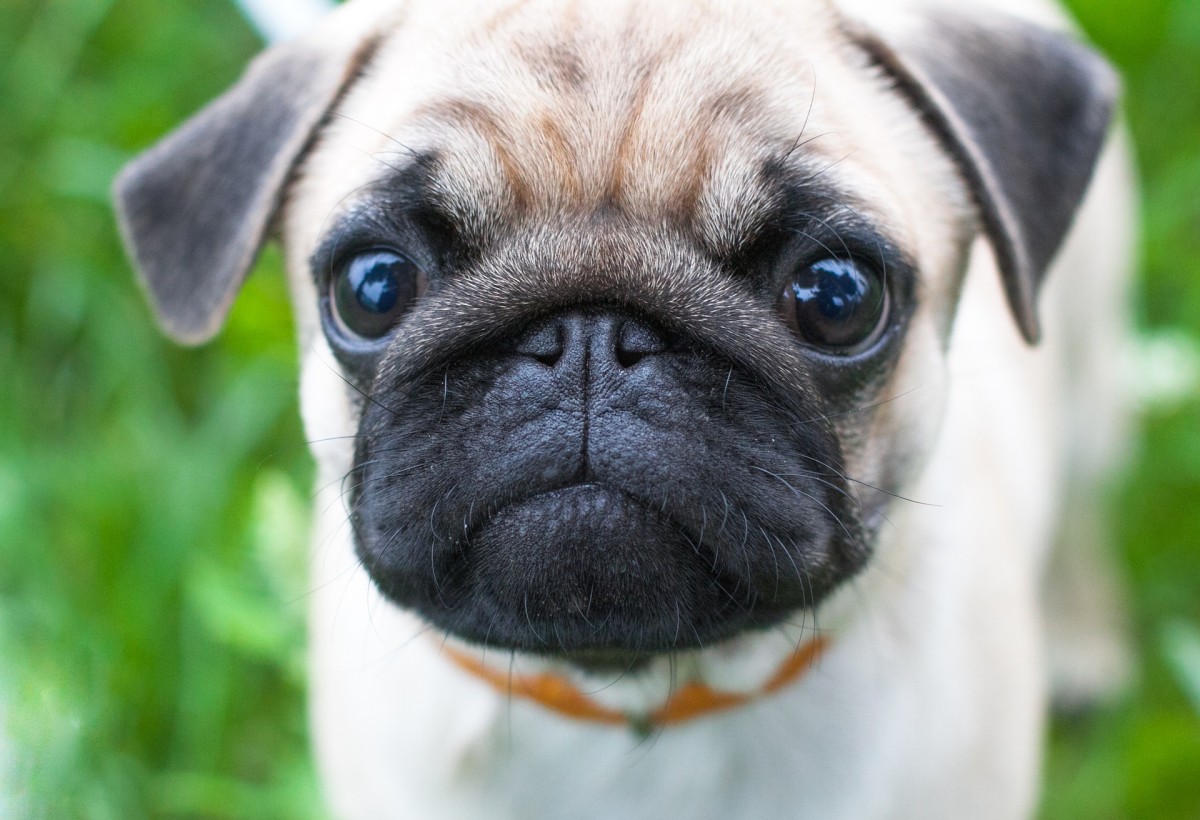The Pug: A Reliable Companion for the Whole Family
The Pug is a dog breed known for its round, friendly face and its loyal and affectionate character. This breed is very popular in Belgium due to its cheerful personality and charming appearance. In this article, we will discuss everything you need to know about the Pug, from its history and appearance to its temperament and suitability as a pet.
History of the Pug
The Pug is an ancient breed that originated in China. It is known that this breed existed more than 2000 years ago and was a favorite of the emperors of China. The breed was brought to Europe in the 16th century and quickly became popular with the nobility. Today, the Pug is one of the most popular breeds in the world.
Appearance of the Pug
The Pug is a small dog with a compact body and a short, glossy coat. The breed has a round, flat snout and large, dark eyes. The ears are set high and fall forward. The Pug has a curled tail and is usually black, silver, apricot, or fawn in color.
Temperament of the Pug
The Pug is a cheerful and playful dog that loves companionship. This breed is very affectionate and loyal to its owner and enjoys attention and affection. The Pug gets along well with children and other pets and is generally a very social breed. They are also quite energetic and love to play and go for walks, but they do not need large amounts of exercise.
Suitability as a Pet
The Pug is an excellent choice for people looking for a small companion animal. They adapt well to life in an apartment or small house and do not need a large yard to be happy. This breed is very intelligent and learns quickly, which means they are easy to train. They are also very well-behaved and are rarely aggressive.
Care of the Pug
The Pug has a short coat that requires little maintenance. However, they should be brushed regularly to remove dead hairs and keep their coat shiny and healthy. Their ears should also be cleaned regularly to prevent infections. The Pug tends to gain weight, so it is important to monitor their diet and give them enough exercise to stay fit and healthy.
Conclusion
The Pug is a beloved pet due to its charming and affectionate character. It is a dog breed that appeals to many people because of its lively personality and friendly nature. With their unique appearance and cheerful personality, Pugs will undoubtedly continue to captivate and find their way into the hearts of many dog lovers around the world. They are a valuable addition to any household looking for a loyal companion.
Known disorders
- Degenerative myelopathy (impairment of spinal cord)
- Elbow dysplasia (disorder of the elbow)
- Hip dysplasia (developmental hip disorder)







